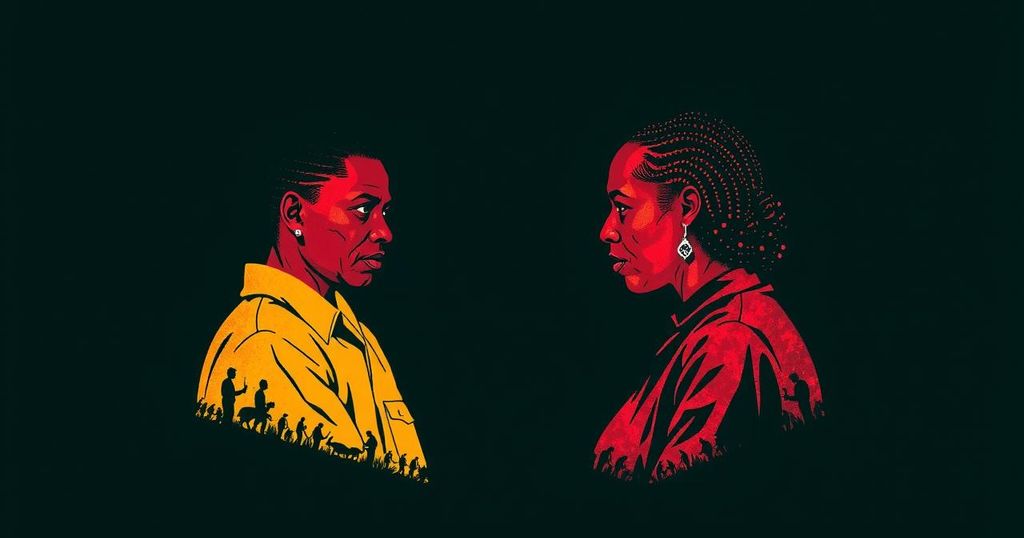Mozambique has faced a tumultuous political journey from civil war to peace, marked by multiparty elections, economic challenges, and ongoing tensions between Frelimo and Renamo. Following significant concessions in the 1990s, notable structural shifts occurred. However, allegations of electoral fraud and recurrent violence have jeopardized the nation’s democratic processes. The recent 2024 elections revealed substantial concerns regarding legitimacy, reflecting a persistent struggle for stability and reconciliation within the country’s political landscape.
Mozambique’s path to peace has been arduous, emerging from years of civil war between the two major political factions: Frelimo and Renamo. The 1994 multiparty elections marked a significant turning point after years of conflict, with Frelimo making essential concessions and adopting market-oriented economic policies. Renamo transformed from an insurgent group into a recognized political party under Afonso Dhlakama’s leadership, and despite initial tensions, both parties engaged in dialogues that led to a peace agreement in 1992.
In subsequent decades, although Mozambique experienced certain economic growth, social disparities persisted. The situation was exacerbated by natural disasters and a drop in global commodity prices, culminating in significant national debt disclosures that hindered financial support from international entities. Despite facing these challenges, Renamo and Frelimo continued to grapple with political changes and insurgent threats, especially in the northern regions of the country.
The 2014 and 2019 elections highlighted the ongoing tensions between Frelimo and Renamo, with allegations of electoral fraud and violence tarnishing the democratic process. The recent election cycle in 2024 witnessed rising concerns regarding electoral integrity, as numerous irregularities emerged alongside accusations of intimidation and fraudulent practices. The political climate remains volatile, with Renamo voicing significant criticisms against the Frelimo-led government, impacting national dialogue and stability.
In summary, Mozambique’s political landscape is shaped by complex legacies of civil conflict, ongoing disputes between major political parties, and the challenges posed by natural disasters and economic upheaval.
Mozambique’s trajectory demonstrates the difficulties of transcending historical grievances in the pursuit of cooperation and unity, with crucial implications for national stability as the country approaches pivotal elections.
The narrative of Mozambique’s civil war and subsequent peace efforts encapsulates a tumultuous period in the nation’s history. Following independence from colonial rule, Mozambique was deeply divided by the conflict between Frelimo and Renamo, which was notably influenced by Cold War dynamics. The eventual peace agreement in 1992 led to the first multiparty elections, shifting the political landscape. Post-war challenges such as land mines, economic restructuring, and natural disasters complicated efforts to build a stable and inclusive society, highlighting the necessity for ongoing reconciliation and reform efforts. The alterations in governance structures and the rise of insurgent activity further complicate Mozambique’s political climate, indicating a precarious balance between historical legacies and the aspirations for national development.
In conclusion, Mozambique’s political evolution from civil conflict to a fragile peace remains fraught with challenges. Despite the establishment of multiparty democracy, issues of governance, public discontent, and economic disparities continue to pose substantial obstacles. The interplay between Frelimo and Renamo exemplifies the struggle for power and legitimacy amid accusations of electoral irregularities, underscoring an urgent need for reform and genuine dialogue to foster long-term peace and stability in Mozambique. As the nation approaches future elections, the imperative to address historical grievances and citizen needs becomes increasingly critical.
Original Source: www.britannica.com






